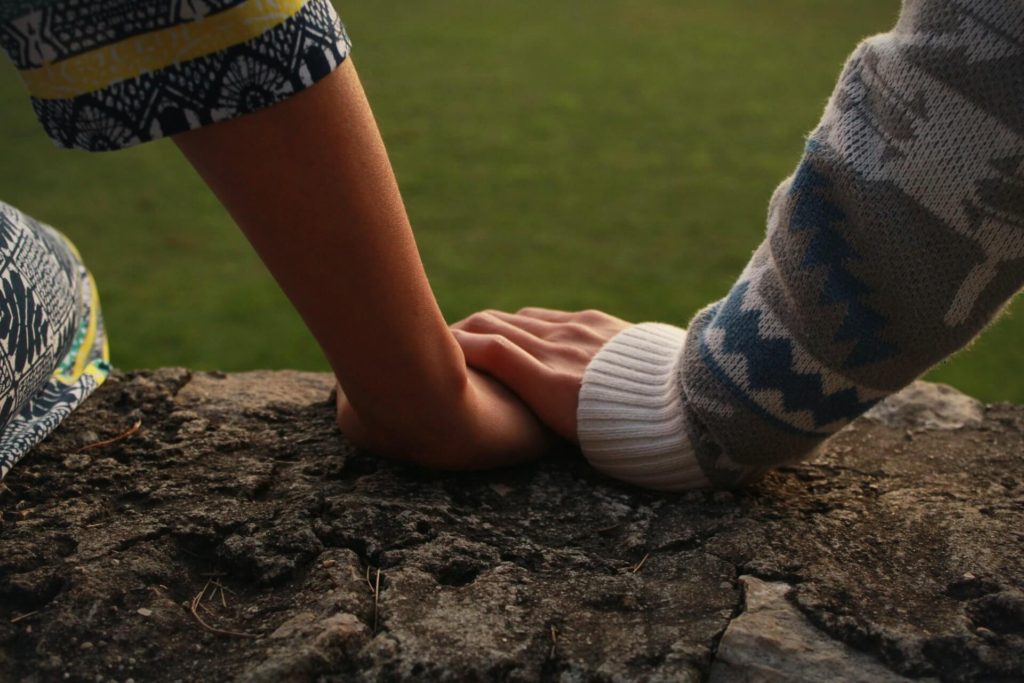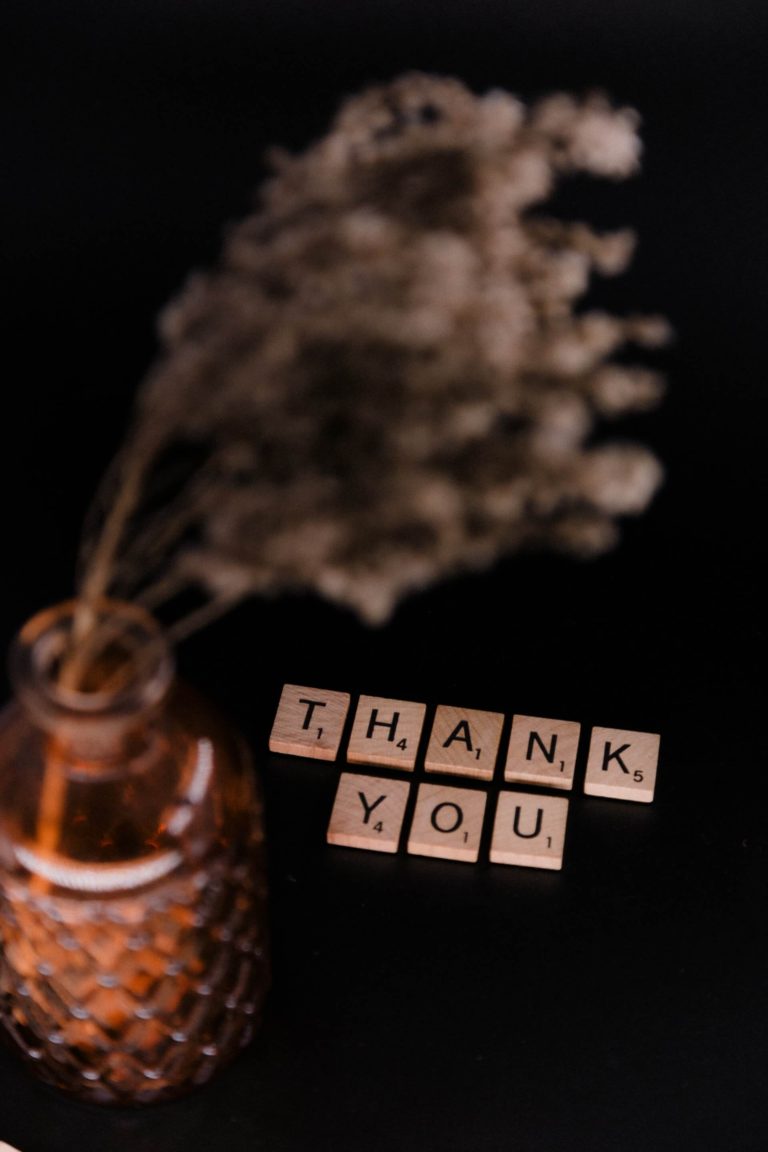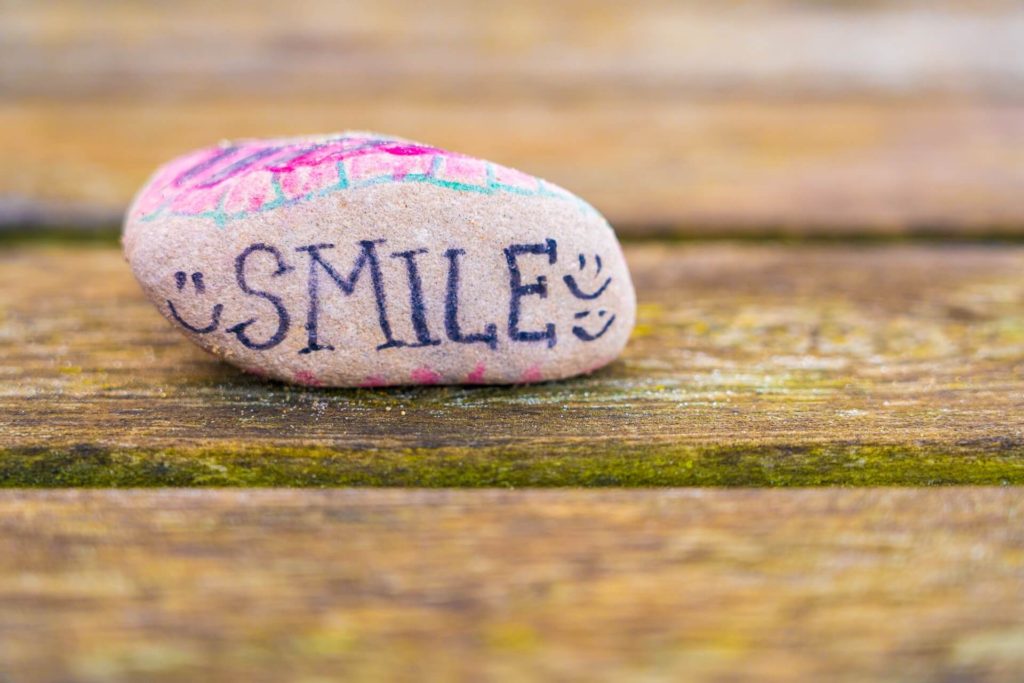Passover is a festival of freedom, a time to consider how free we really are; when we are challenged with releasing ourselves from our self imposed imprisonment. But how is our freedom in our relationships defined?
Freedom can be found in allowing more space for differentiation; setting our loved ones free to develop themselves in their own way, with our support and encouragement. Our partner is much more likely to feel loved and want to remain in a non-controlling relationship where symbiosis and differentiation are to be found in balanced measure. In Couples Therapy we see that a thriving relationship is one where there is a healthy balance between these two potentially polar opposites.
Suspending Judgment Will Lead to Freedom Too
When we stop Judging ourselves and in turn others, we gain another new perspective of freedom. Self-love brings with it freedom from self-judgement and once we feel better about ourselves, it becomes so much easier to stop judging other people around us.
Loving and respecting ourselves will inevitably lead to a level of understanding that will help us drop the need to judge others bringing a sense of calm, freedom and inner peace.
On the receiving end, being judged by the person we love can be a devastating experience, because they are likely to be the people we care most about and value their opinions above all else.
Consider this as emotional imprisonment beset with judgment, hurt, guilt and negativity. When we release all of this angst and stop judging our loved ones, we gain a form of freedom and give our partner that gift too.
Freedom through primary love languages
When we communicate in our partner’s love language, we free up our relational communication significantly and our loving communications become truly impactful.
Some of us need words of affirmation; we need to be told that we are appreciated whilst some of us like acts of service; actions speak louder than words. Some of us just like to receive small gifts as an indication of being appreciated whilst for others it’s quality time with their loved one that deepens the relationship.
Lastly for some, Physical touch is what brings about the most connection; receiving a fist bump, or a pat on the shoulder or any sort of delicate touch is how they want to be appreciated.

The challenge is that people don’t walk around with a tag on their forehead saying which kind of appreciation language they speak. Unfortunately, most of us don’t even know for sure.
So, unless you and your partner have done a love language profile quiz it will take some time, as well as trial and error to get things right.
Start by being active in affirming your loved ones
Active appreciation is the first step. Small, day-to-day gestures, words, or actions are how you can understand what works for each other in terms of appreciation and gratitude.
Start to be more aware of the positive things in your relationship
The good small deeds usually go unnoticed buried under the thousands of other tasks for the day. Well, they’re just as important. Being grateful to your partner for making the bed in the morning, getting your coffee or breakfast ready is a small thing, but in time you will see – appreciation really works.

When we learn a new language, we are often lost. Those of us that move to a new country without the abilities to communicate in the language of that country can feel lost and alone.
The same can be said of relationships where we don’t take the time to listen and take notice of our partner’s love language. Just like with learning languages within a country and gaining the freedom to do more, shop, go to places in that language and so much more, once we understand and are able to really communicate in the right language for our loved one we are free to do so much more; to express our feelings and to really be understood, and most important to be the loving, accepting partner that our loved one truly deserves.
How the Gratitude Attitude fits in
Gratitude allows us to be more present in our relationship; it stops us from taking things for granted, so those small things become even more enjoyable.
Try beginning and ending each day by highlighting particular small deeds that evoked your gratitude. Spend time with each other communicating what you most appreciated during that day. We know it sounds strange and clunky like “homework”, but if you do it for long enough, it will become the most natural thing in the world.

When you are able to express what you are grateful for, you open yourself up to more goodness and so stop being confined to a negative and closed world. Looking for the goodness first in your life and in your relationship will bring you the sense of freedom and empowerment you have always dreamed of.
Showing vulnerability in your relationship can lead to freedom too
Psychoanalysts describe vulnerability as part of a need that persists throughout life; connected to our longing to care and be cared for. By allowing vulnerability into our lives we gain an understanding of the other and the ability to put others first.
This deep type of caring comes easily at the beginning of a relationship because it is fueled by lust and the Romantic Phase. We carefully choose our words and are extremely attentive to our partner’s needs.
However, as routine sets in, love is tested for the first time. This is where a relationship starts to require deep levels of trust and commitment. We may fall into the trap of taking love for granted and not giving our partner the same level of attention and care as before.
After a long and dreary day of work, the motivation to go out together is no longer there. Suddenly, it requires extra energy from you both to do it. The phase of “everything running smoothly” cannot continue forever, you should know that. A good relationship requires maintenance; ongoing effort from both partners.
There is the fear of dependence on your partner that might settle in. Fearing you depend too much on your significant other will not allow your relationship to grow. Moreover, it is the first sign that you have a hard time admitting your vulnerability in the relationship.
Allowing vulnerability in a relationship means you allow yourself to miss your partner, to long for them, to want to spend more time together. If you catch yourself subduing these feelings for fear of showing too much vulnerability or suffocating your partner, you two need to talk. By controlling your vulnerability you emotionally imprison yourself and cut off your emotions.
To regain your emotional freedom and maintain a healthy relationship, dialogue about what each of need in terms of your relationship and closeness. Don’t just assume that it is wrong and a sign of weakness to feel the need to be with your partner more!
Also, do not assume that they do not want to spend more time with you. Talk about it, prepare to be vulnerable and you’ll be a partner in a more loving and connected relationship.

Ultimately, good communication, vulnerability and showing appreciation to our loved ones will bring with it emotional and psychological freedom, and when you have this inner peace and stability, your relationship can continue to go from strength to strength.


